Home | Food and Agriculture Organization of the United Nations (original) (raw)
Highlights
Director-General

Event
Committee on World Food Security
Follow the 53nd Plenary Session and find out how the Committee is tackling food security and nutrition challenges around the world.

In Focus
Discover the FAO Museum and Network (MuNe)
Explore how this new global initiative will bring together cultures, innovation and knowledge to highlight the power of agrifood systems in advancing sustainable development.
Director-General
Join the conversation
FAO and the SDGs
FAO supports governments and partners to design the right policies and programmes to end hunger, promote food security and promote sustainable agriculture for millions of people around the world.
Hover the mouse over an SDG icon for more information
A world free from hunger and malnutrition where food and agriculture contributes to improving the living standards of all
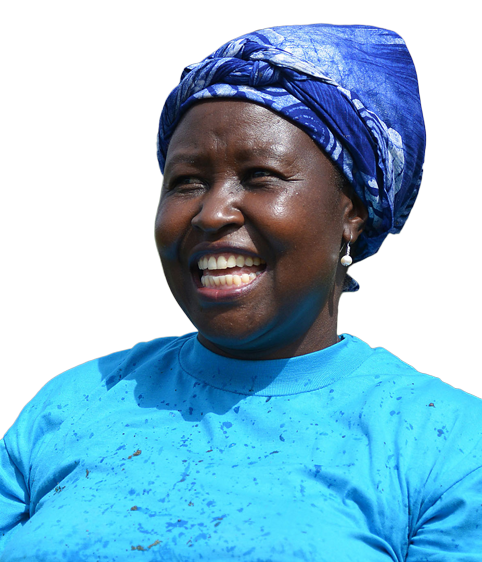
FAO works with governments and partners to empower some of the world’s most marginalized people to end rural poverty.

FAO helps ensure food security by developing ways of growing food that will work in the future so that millions of people don’t go hungry.
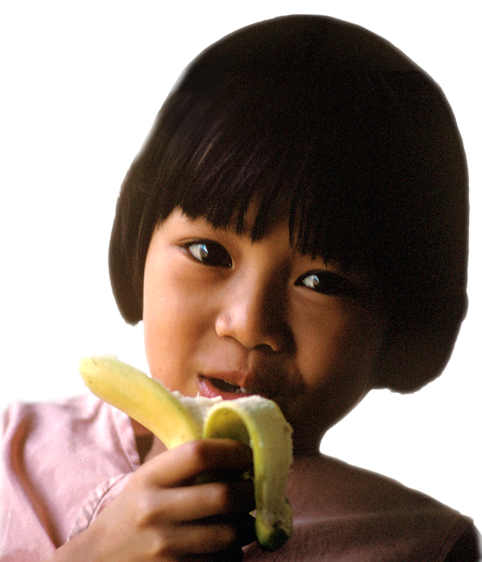
Good health starts with nutrition. FAO sets global standards and works with governments and the private sector to ensure food quality and safety throughout the food chain.

FAO invests in educational systems for rural communities and supports improved access to primary education and school meals in order to create equal opportunities for all and chances of lifelong learning.
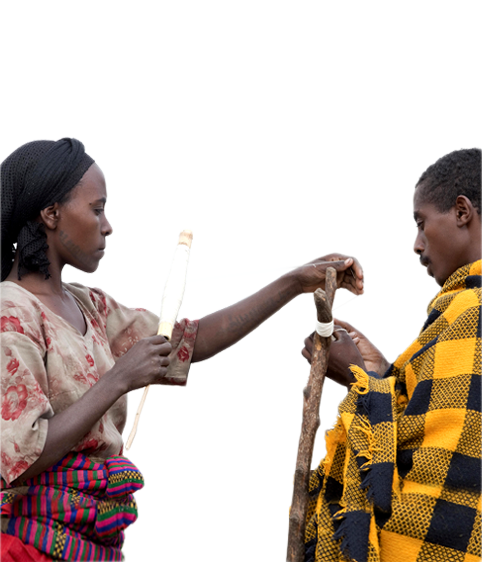
FAO supports gender equality in the agricultural sector in an effort to raise levels of nutrition in local communities and improve agricultural productivity.
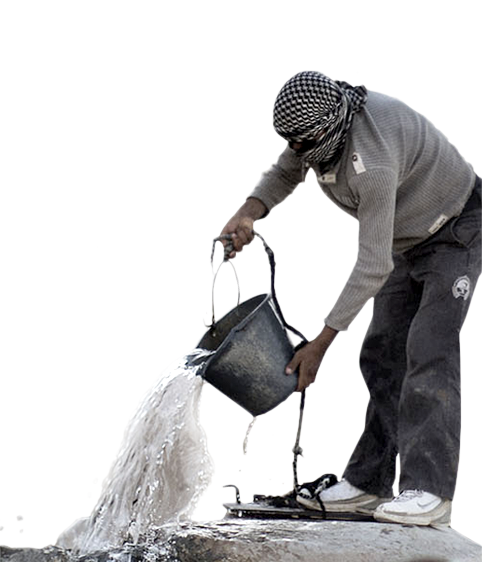
FAO works with governments to ensure water use in agriculture is made more efficient, equitable and environmentally friendly.
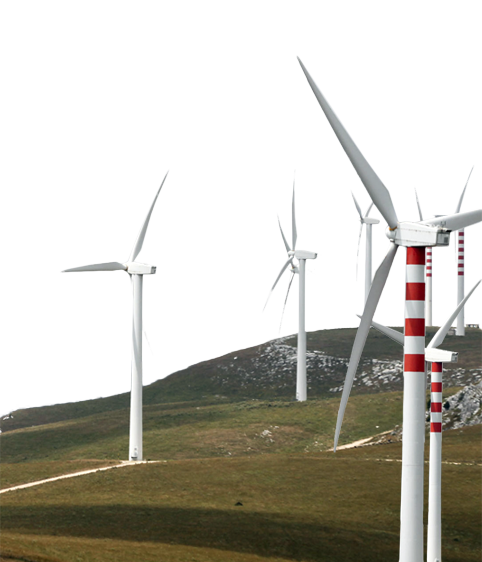
FAO promotes the use of renewable energies and works to ensure access to modern energy services across the food chain.
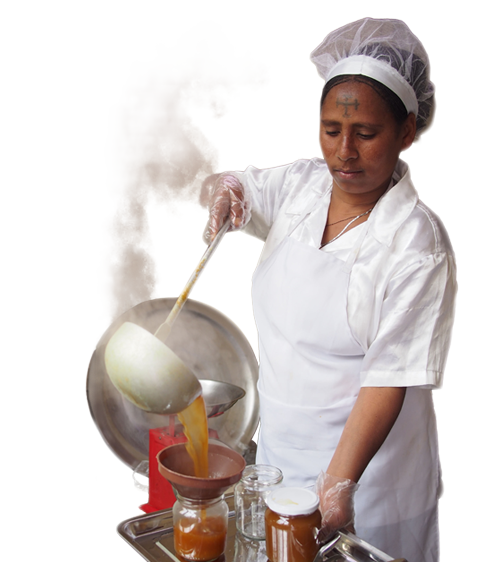
FAO seeks better economic opportunities for all by investing in sustainable agricultural practices and food systems that reduce inequalities and create decent jobs.
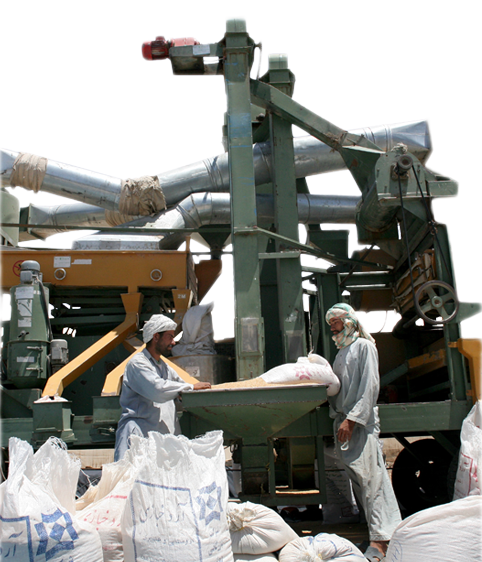
FAO seeks to secure a future for rural communities via investments in transportation, irrigation, food storage facilities and communication technologies.
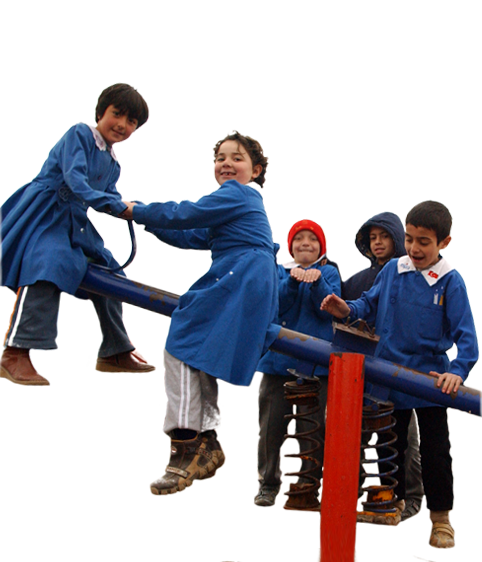
FAO works with countries and partners to generate employment in rural areas, ensure access to natural resources for the most vulnerable and connect farmers to markets.

FAO works to improve urban healthcare, water quality and rethink city region food systems to help deter the negative effects of sprawling urbanisation.
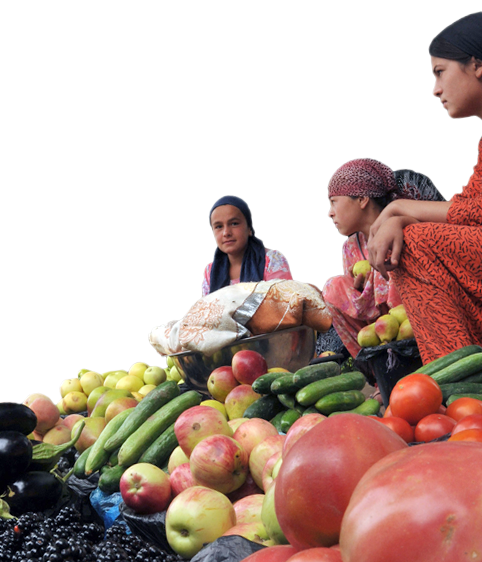
FAO coordinates major global initiatives and projects to tackle food waste and loss, partnering with international organisations, the private sector and civil society.
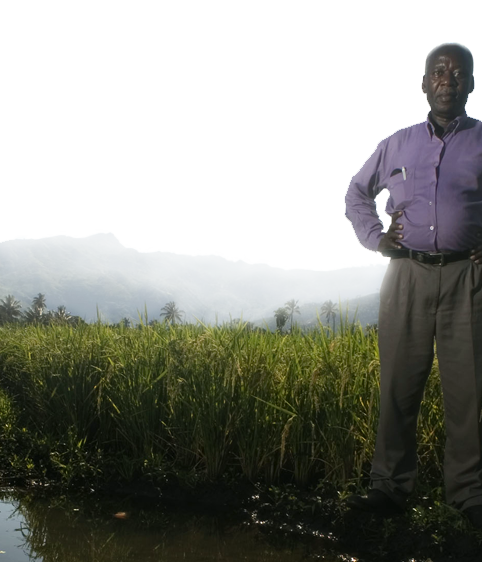
FAO supports countries in responding to the threats of climate change by providing advice, data and tools for better agricultural policies and practices.
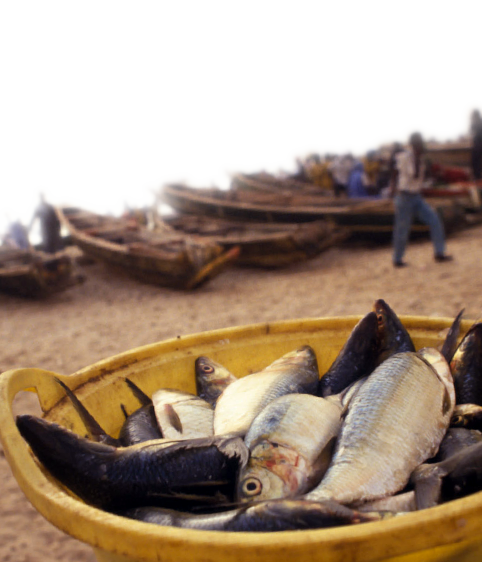
FAO, in partnership with governments and fishing communities, implements best practices in fisheries to ensure our oceans are protected as a means of livelihoods.
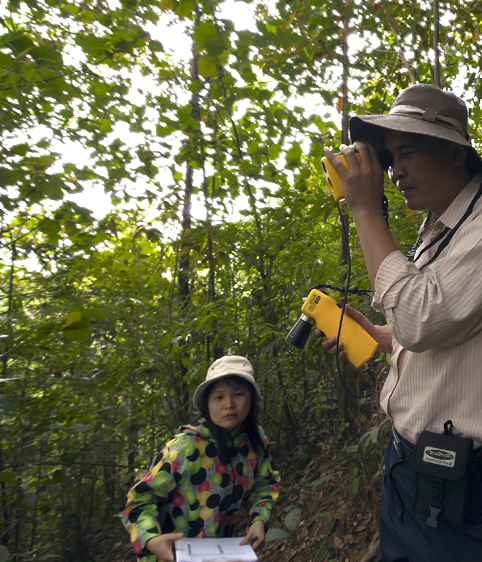
FAO promotes sustainable approaches to natural resource management and supports endeavours that promote a balance between conservation and development initiatives.
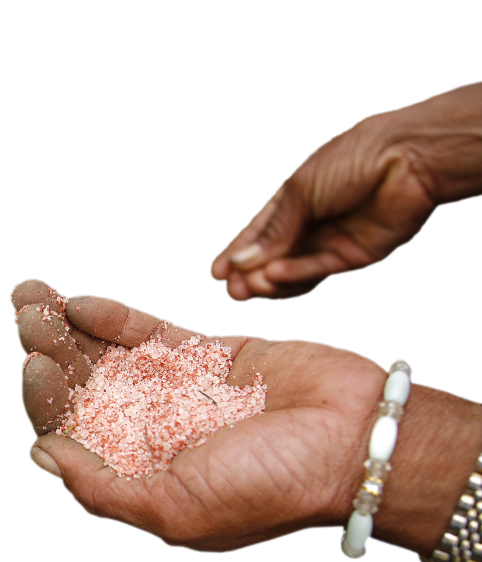
FAO plays a critical role in peacebuilding, restoring rural livelihoods, building resilience and participatory approaches to policymaking.
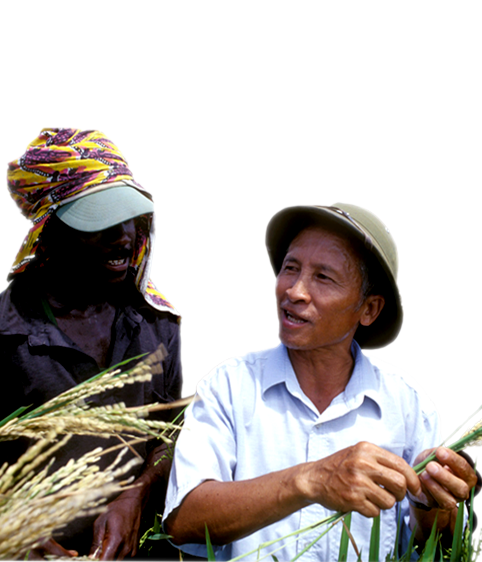
FAO acts as a neutral policymaking forum and develops partnerships with all concerned with food and agriculture to ensure a world free from hunger.
FAO supports governments and partners to design the right policies and programmes to end hunger, promote food security and promote sustainable agriculture for millions of people around the world.


FAO works with governments and partners to empower some of the world’s most marginalized people to end rural poverty.


FAO helps ensure food security by developing ways of growing food that will work in the future so that millions of people don’t go hungry.


Good health starts with nutrition. FAO sets global standards and works with governments and the private sector to ensure food quality and safety throughout the food chain.


FAO invests in educational systems for rural communities and supports improved access to primary education and school meals in order to create equal opportunities for all and chances of lifelong learning.


FAO supports gender equality in the agricultural sector in an effort to raise levels of nutrition in local communities and improve agricultural productivity.


FAO works with governments to ensure water use in agriculture is made more efficient, equitable and environmentally friendly.


FAO promotes the use of renewable energies and works to ensure access to modern energy services across the food chain.


FAO seeks better economic opportunities for all by investing in sustainable agricultural practices and food systems that reduce inequalities and create decent jobs.


FAO seeks to secure a future for rural communities via investments in transportation, irrigation, food storage facilities and communication technologies.


FAO works with countries and partners to generate employment in rural areas, ensure access to natural resources for the most vulnerable and connect farmers to markets.


FAO works to improve urban healthcare, water quality and rethink city region food systems to help deter the negative effects of sprawling urbanisation.


FAO coordinates major global initiatives and projects to tackle food waste and loss, partnering with international organisations, the private sector and civil society.


FAO supports countries in responding to the threats of climate change by providing advice, data and tools for better agricultural policies and practices.


FAO, in partnership with governments and fishing communities, implements best practices in fisheries to ensure our oceans are protected as a means of livelihoods.


FAO promotes sustainable approaches to natural resource management and supports endeavours that promote a balance between conservation and development initiatives.


FAO plays a critical role in peacebuilding, restoring rural livelihoods, building resilience and participatory approaches to policymaking.


FAO acts as a neutral policymaking forum and develops partnerships with all concerned with food and agriculture to ensure a world free from hunger.